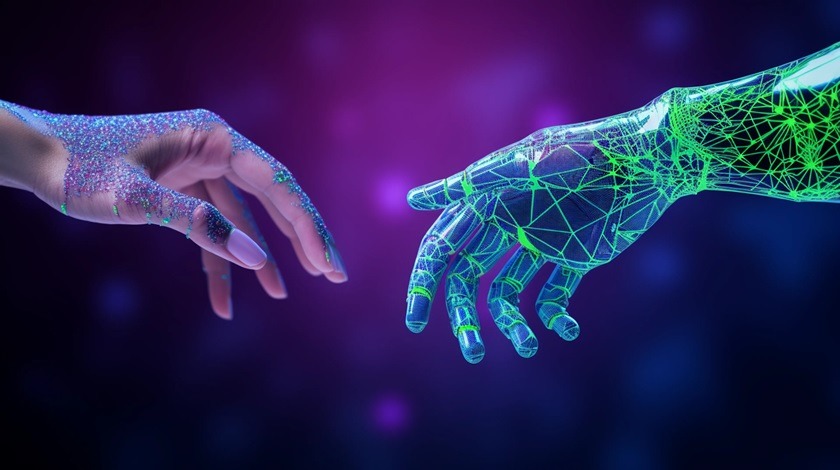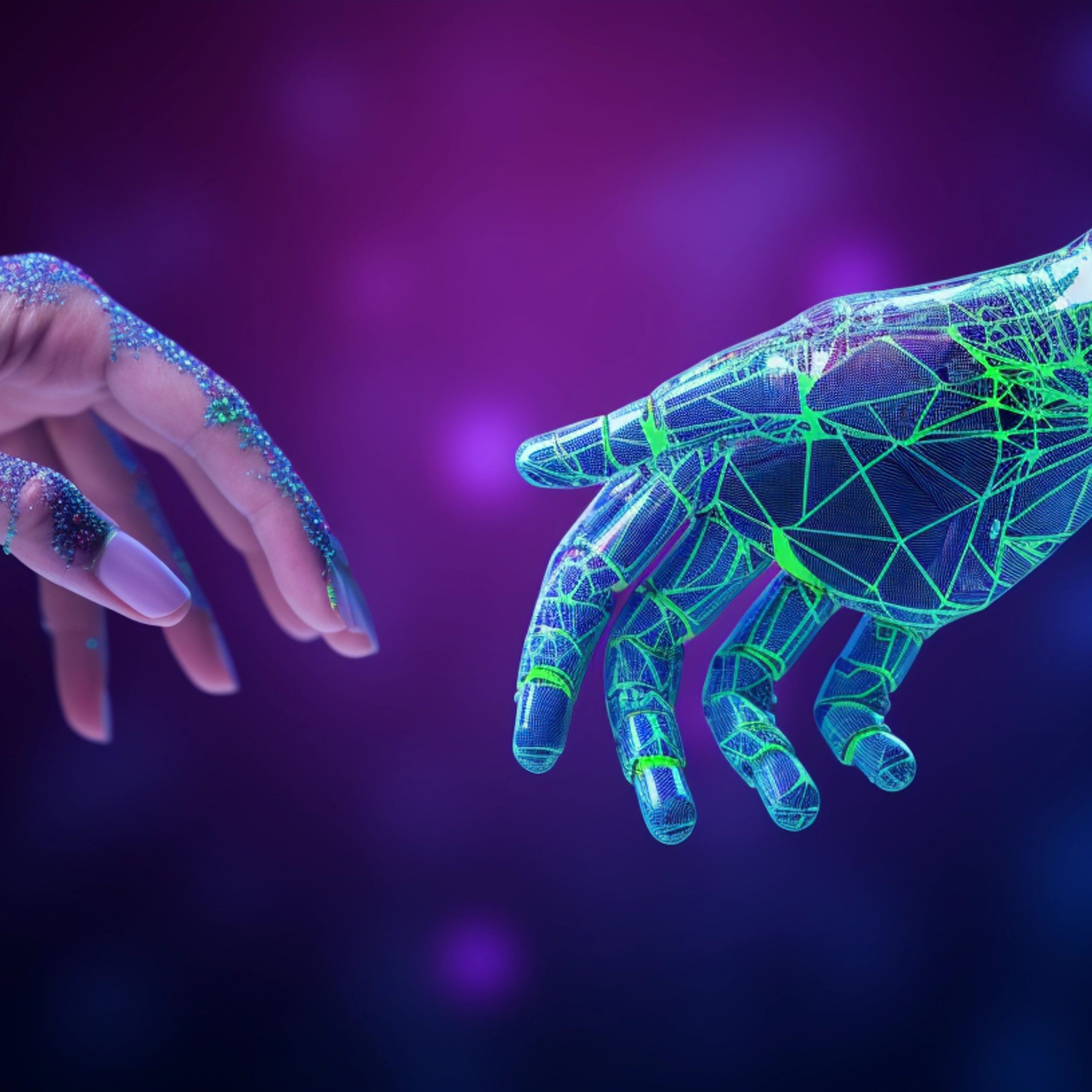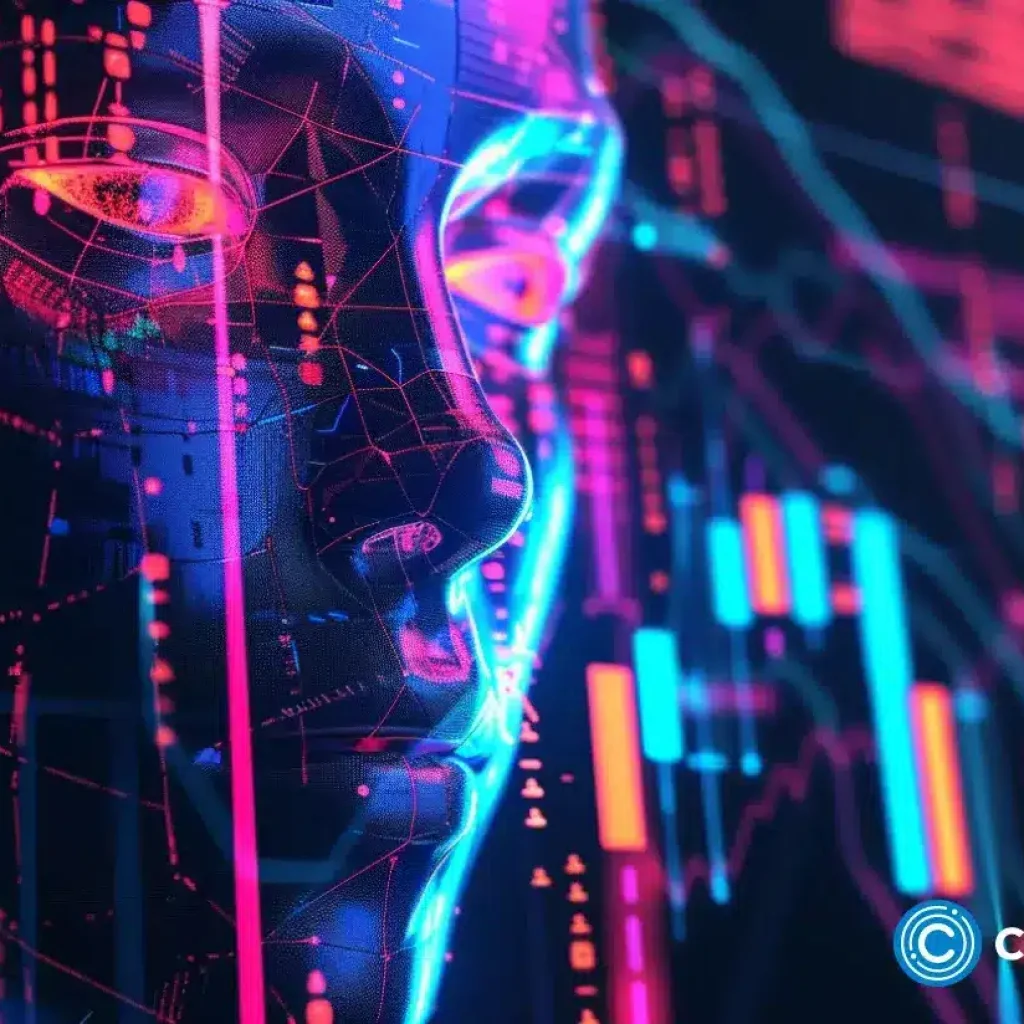The latest report from the World Travel & Tourism Council (WTTC) and Microsoft are where they point out the particular part that Artificial Intelligence (AI) is playing in transforming the future of travel and tourism. These reports indeed emphasize the fact that AI can completely redefine the customer experience, boost growth sustainably among organizations, and possibly promote innovation in the industry.
Commitment to responsible AI adoption
A prime motive of the WTTC is to exhibit support by making sure that only the AI that is safe, ethical, and inclusive is adopted. WTTC launched reports on AI implications when the UN General Assembly took place in New York City, which indicated WTTC’s efforts for invention combined with safety and ethical principles in the application of AI.
The Responsible Artificial Intelligence (AI) report examines the possible risks originating from AI utilization and offers approaches for setting guidelines and precepts that support transparency, accountability, and straightforwardness. It deals with concerns that is its impartiality and non-discrimination, that is, rational humans make a decision must be the human being behind AI’s systems.
In Artificial Intelligence (AI): The report Global Strategies, Policies & Regulations by WTTC, was a weigh analysis of the existence of AI ecosystem across various countries and international organizations. It draws attention to how policymakers are getting through the AI terrix, legislating, and promoting the advancement and innovative techniques by way of AI, including AI ethics and responsibility.
Industry perspectives
According to Julia Simpson, president and CEO of the WTTC, AI is not just another tool, instead, it brings big changes to the travel sector. Specifically, she points out how AI facilitates a personalized approach and the general effect of implementing it on reducing waste. Also, she touches upon AI-powered automation that is directed against optimizing production processes. Finally, she implies what will happen to the industry in the future because of AI.
Julie Shainock’ of Microsoft, ‘managing director’ in the travel, transport & logistics industry division, says that AI is used very widely in the travel industry, as a whole. She describes AI’s ubiquitous role in revolutionizing consumer and staff experiences and cutting-edge operational effectiveness. It helps organizations analyze data in real time, enabling users to make swift, compassionate, and effective decisions.
AI provides a much more favorable angle for growth and innovation, through which, the travel and tourism sector can outshine according to WTTC. Subsequently, the shortage of AI-skilled personnel is also quite the challenge, meaning that for AI to be adopted more proactively, more barriers should be overcome.
Advocacy for ethical AI innovation
WTTC continues to be part of the stakeholders involved in this advocacy for a safe, ethical, as well as and inclusive AI innovation. AI is to be construed as a strategic focus by this organization, the investments made in talent development, and cooperation between AI and technology as well by humans.
AI seems to be the form agent which is reshaping the travel and tourism business. In the meantime, Wuhan. Travel and Tourism Council (WTTC) and Microsoft’s reports have underscored the place and significance of responsible AI in this area. Through the principle of safety, ethics, and inclusivity the industry can therefore be able to fully embrace the benefits of AI and take care of the drawbacks of it.
This article originally appeared in Travolution





